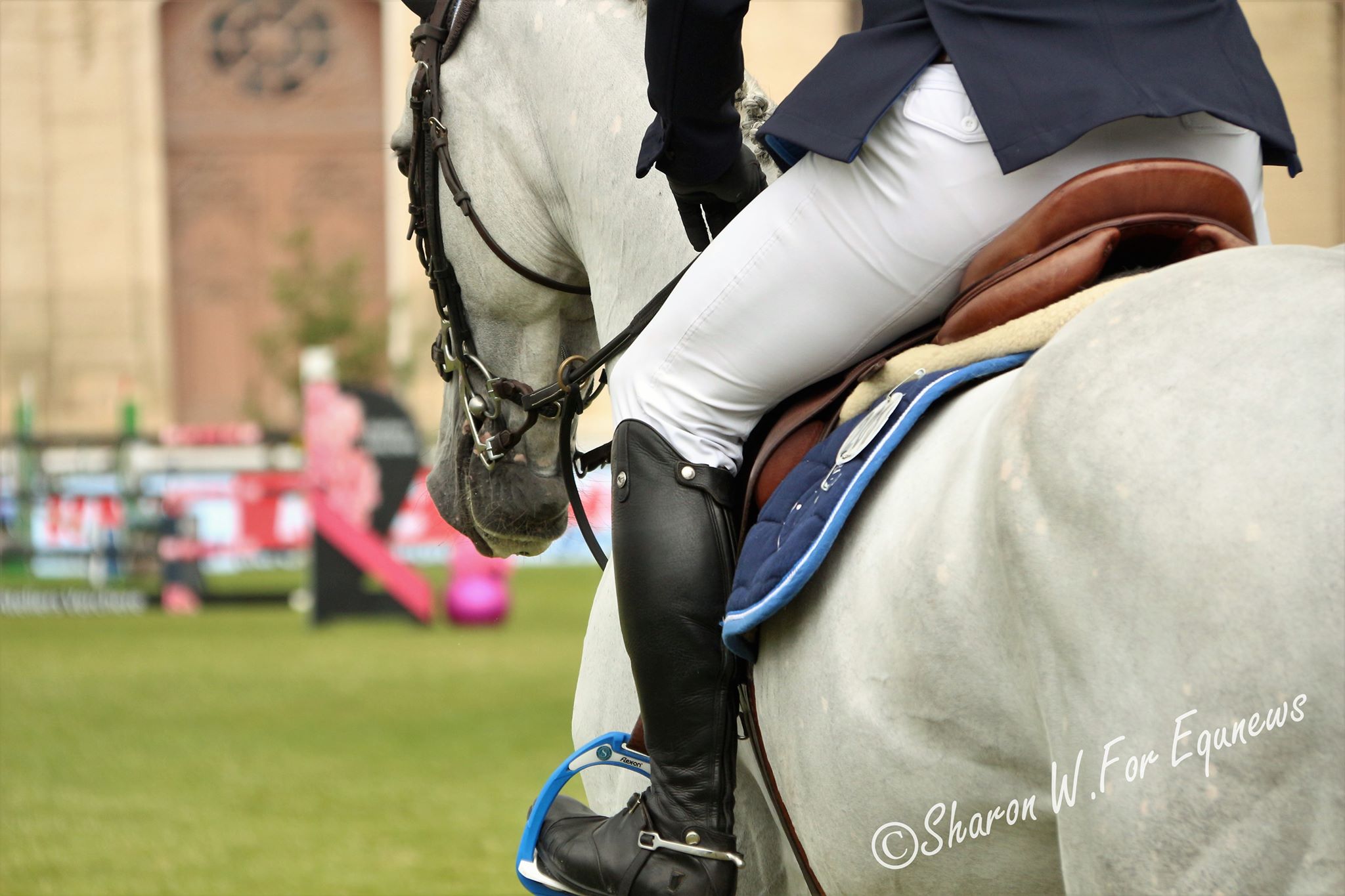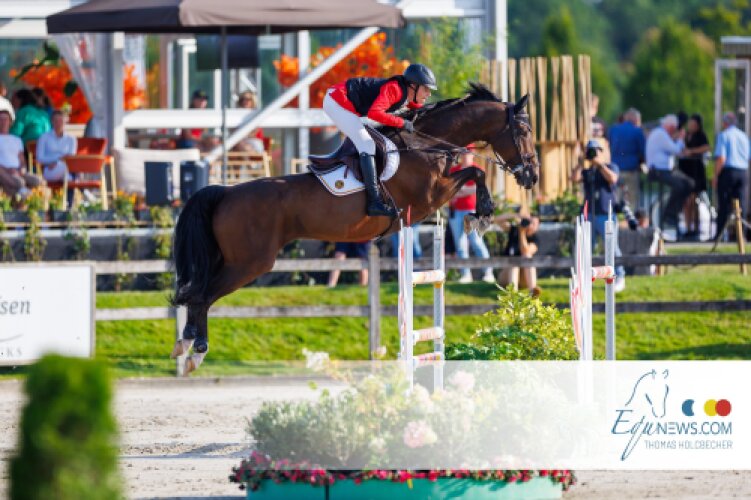The results of the study "show that horses are more attentive" and understand our intentions better when the tone used is "higher" and intonations are "exaggerated."
It is good to talk to a horse like you would talk to a baby, according to a study conducted this Monday by the National Research Institute for Agriculture, Food and Environment (Inrae) Val de Loire and published in the journal Animal Cognition.
The results of the study conducted in Nouzilly (Indre-et-Loire) by Inrae and the Institut Français du Cheval (IFCE) "show that horses pay better attention and seem to understand our intentions better" when the rider's tone is "higher" and when the rider uses "exaggerated intonations."
"Better performance for learning."
By speaking in this way, people better attract the attention of horses, who then "perform better at learning," as had already been proven for dogs and monkeys. To evaluate the effect of this way of speaking, the ethologists conducted two sets of tests with twenty horses that had never been exposed to "baby talk" before.
In the second test, the scientists found that instructions to obtain food were better followed by the horses if they were conveyed in a childlike tone.
In an earlier study, the Inrae Val de Loire and IFCE teams demonstrated that horses are able to recognize expressions on a human face. Horses are more nervous when expressing anger and more relaxed when expressing joy.
Source: bfmtv.com



